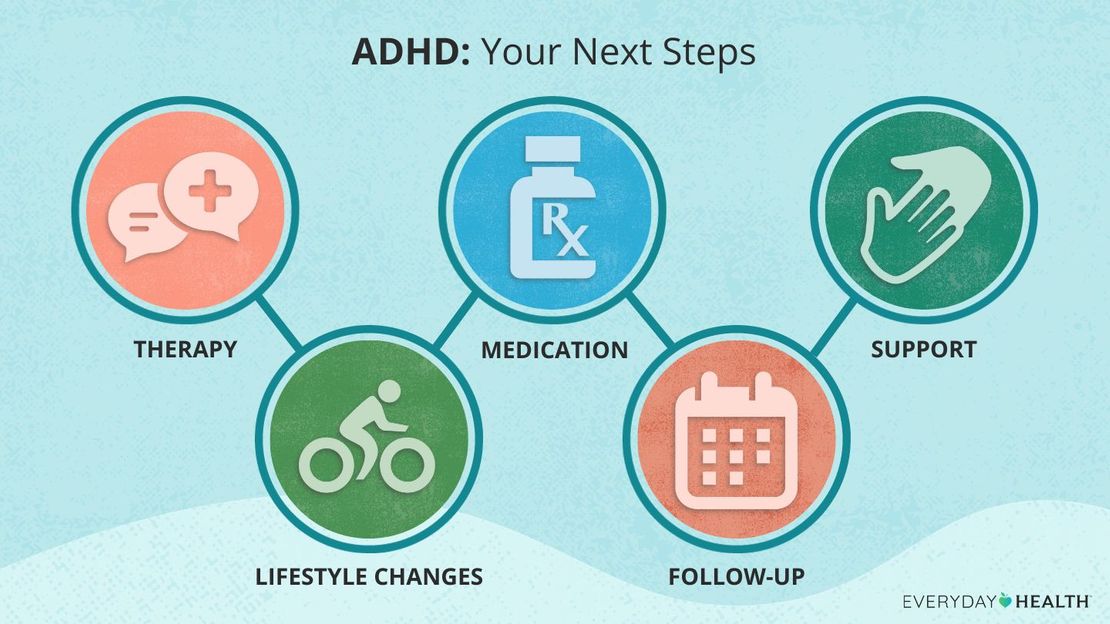Getting a Good Night's Rest
Difficulty falling and staying asleep is a common issue that can negatively impact mental and physical health. There are lifestyle changes and natural remedies that may help improve sleep quality without the use of medication.
Setting Yourself Up for Sleep Success
Making healthy adjustments to your daily habits and bedroom environment can go a long way towards achieving better rest at night. Here are some tips:
- Stick to a regular sleep-wake schedule, even on weekends
- Make sure your bedroom is cool, quiet and dark
- Limit exposure to screens before bedtime
- Reduce caffeine and nicotine intake, especially later in the day
- Engage in relaxing activities to wind down before bed
- Exercise regularly, but not too soon before going to sleep
Your Evening Routine
How you spend the hours leading up to bedtime can promote healthy sleep patterns. Here are some recommendations:
- Take a warm bath or shower to relax muscles
- Practice breathing exercises or light yoga stretches
- Read a book or listen to calm music
- Write in a journal to set aside any worries
- Avoid emotionally-charged conversations or news
Choose activities that are soothing and help clear your mind before sleep. This will enable your body to naturally decrease arousal levels.
When Sleep Escapes You
Sometimes despite your best efforts, sleep just won't come. Instead of becoming frustrated:
- Get out of bed temporarily to allow your body to associate being in bed with feeling tired
- Focus on your breathing or relax one body part at a time
- Visualize a peaceful, calming scenario like a beach or forest
If you havent fallen back asleep after 15-20 minutes, get up and engage in a relaxing activity with dim lighting until you feel ready to try again.
Natural Sleep Aids
Certain herbal supplements, minerals and vitamins may support sleep quality when used properly.
Supplements to Consider
Talk to your doctor before taking any new supplements, especially with other medications or health conditions. Some that may aid sleep include:
- Magnesium: An essential mineral involved in GABA activity and sleep-wake cycles.
- L-Theanine: An amino acid found in green tea that may boost alpha waves and relaxation.
- Valerian Root: Shown in research to help subjects fall asleep faster with marginal impact on sleep quality.
- Chamomile: A herb used for centuries to treat insomnia and anxiety thanks to apigenin, a mild sedative.
- Tryptophan: An amino acid used by the brain to make melatonin and serotonin neurochemicals.
Consult a doctor to see if any of these appropriate and safe options could be integrated into your nighttime regimen.
Essential Oil Aromatherapy
Inhaling soothing essential oil fragrances before bed may help initiate healthy sleep. Some to try:
- Lavender oil to lower heart rate and blood pressure
- Roman chamomile oil to relieve tension
- Ylang ylang oil to alleviate anxiety
- Marjoram oil to improve sleep efficiency
- Clary sage oil to regulate breathing
Use a diffuser to disperse calming aromas in your bedroom or add a few drops of oil onto your pillowcase or sheets.
When to Seek Medical Guidance
While sufficient sleep is vital for wellbeing, persistent or severe insomnia may require professional support. See your doctor or a sleep specialist if you:
- Still cant sleep well after trying both lifestyle and natural aids
- Feel extremely fatigued, tense or irritable during the day
- Have another health condition worsening your sleep problems
A combination of cognitive behavioral therapy and carefully-prescribed sleep medication can successfully treat chronic cases of insomnia. There are also specialists who focus solely on helping patients achieve restorative sleep.
Dont lose hope if you are regularly struggling to sleep. Several avenues exist to help you get the quality rest your body and mind require to function at their best.
FAQs
What time should I go to bed for the best sleep?
Aim to go to bed at the same time each night and wake up at the same general time each morning, even on weekends. Most adults need 7-9 hours per night. Determine what bedtime allows you to get enough shut-eye.
What food and drinks help sleep?
Warm milk, chamomile tea, nuts like almonds, turkey, and fatty fish provide compounds to make melatonin and relax muscles. Avoid heavy meals, spicy dishes, excess carbs or fluids right before bed which can cause indigestion.
Should I take melatonin supplements?
Melatonin helps regulate sleep-wake cycles. Taken 30-60 minutes before bedtime, low-dose melatonin supplements may help adults fall asleep faster without grogginess. However, medical guidance is still best.
What essential oil is the best for sleep?
Lavender and Roman chamomile oils are most effective for sleep due to properties lowering heart rate and relieving anxiety. Diffusing calming scents in your bedroom, adding oils to baths, and rubbing diluted oils into pressure points can initiate drowsiness.
When should I talk to my doctor about insomnia?
See your physician if healthy sleep hygiene practices, natural supplements, essential oils and other home remedies don’t improve insomnia symptoms after a couple months. Additionally, seek medical advice immediately if an existing condition worsens sleep.
Disclaimer: This article is for informational purposes only and does not constitute medical advice. Always consult with a healthcare professional before starting any new treatment regimen.
Related Coverage
With ongoing Vyvanse shortages, what's the latest news for 2023? Get strategies for coping with low supply, finding alternative meds, assistance programs & advocacy....
Adderall tablets and capsules do expire, usually after about 2 years. Taking expired Adderall can pose safety risks like decreased effects, worse side effects, and potential overdose....
ADHD can make showering difficult. But using reminders, hygiene checklists, and creating a sensory-friendly bathroom space can help build showering habits....
Adderall is a stimulant medication containing amphetamine salts used for treating ADHD and narcolepsy. Learn about proper dosage, risks, and safely weaning off....
Emerging research explores whether intermittent fasting diets could help support brain health and relieve ADHD symptoms in children. Learn the potential benefits and risks....
Struggling to get your Adderall prescription due to the ongoing shortage? Learn why the shortage is happening and what experts recommend doing to manage your ADHD symptoms in the meantime....
Explore lifestyle changes, herbal supplements, essential oils and professional guidance to overcome insomnia through safe, natural means for more restorative sleep....
Explore the potential interactions between the herbal supplement ashwagandha and the ADHD medication Adderall, and the importance of open communication with healthcare professionals....
With Adderall shortages causing access issues, many patients are changing to Vyvanse instead. Learn proper transition guidelines between these ADD/ADHD medications....
Online ADHD assessment and medication management provides a convenient way for busy adults to get diagnosed and access prescription stimulants like Adderall and Vyvanse....






